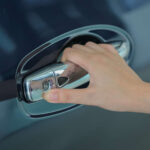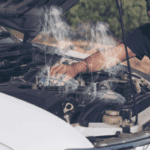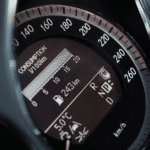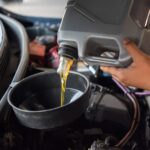The reason for even questioning can you use water as coolant would indicate you are in an emergency. In this case, you should top up the coolant with water! However, there are problems with adding just water or just using water at all times, which you should be aware of; they are covered in this article below.
Understanding What Coolant Is
Coolant, also known as engine coolant or antifreeze, is a liquid used in vehicles to regulate temperature and prevent damage caused by extreme temperatures. Coolant typically consists of a water and chemical mixture that provides adequate heat transfer and corrosion protection.
In a vehicle, coolant is circulated throughout the engine to absorb heat generated by the combustion process and prevent the engine from overheating. Coolant also helps prevent the engine from freezing in cold temperatures, which can cause damage to the engine.
Coolant is typically made up of a base fluid, such as water or a glycol-based liquid, mixed with additives that provide corrosion protection, lubrication, and other properties. Although, not many standard everyday road cars will have silicate coolant. Generally, cars manufactured after 1998 need silicate-free organic acid technology (OAT). These types of coolant offer enhanced corrosion protection than that used in cars before 1998, which contain silicate.
The specific composition of the coolant can vary depending on the application and engine type. Some of the additives commonly used in coolants include:
- Inhibitors -These chemicals help prevent corrosion of the engine’s metal components by forming a protective film on the surface of the metal.
- Anti-foaming agents – These chemicals prevent the formation of bubbles or foam in the coolant, which can interfere with the cooling process.
- pH stabilizers – These chemicals help maintain the proper pH level of the coolant, which is essential for preventing corrosion and ensuring efficient heat transfer.
What Happens if You Use Water Instead of Coolant?
There are a couple of issues with using water instead of a coolant/water mixture which will happen quickly. The main problem is the lower boiling point and freezing temperatures of water. When water boils inside the engine, it releases steam, increasing the pressure inside the coolant system. This can put added pressure on weaker pipes, gaskets (head gasket specifically), coolant reservoir, and the radiator. With increased pressure a hose could pop off and with a lower boiling point, overheating will occur, which again will cause damage to the engine block and supporting auxiliaries.
The freezing point of water poses more of a threat in the winter and the climate, but with a 50/50 coolant water mix, the freezing temperature can be -37 degrees Fahrenheit (-38 degrees Celcius). Whereas water freezes at 32 degrees Fahrenheit (0 degrees Celsius), all of the metal components which would flow through can crack, i.e., the engine block and radiator.
The other long-term problem with using water is that it doesn’t have any chemicals that inhibit engine corrosion. Corrosion is bad because it damages components; the water pump is the main one. It can also cause blockages in the pipes and radiator, which again is not good.
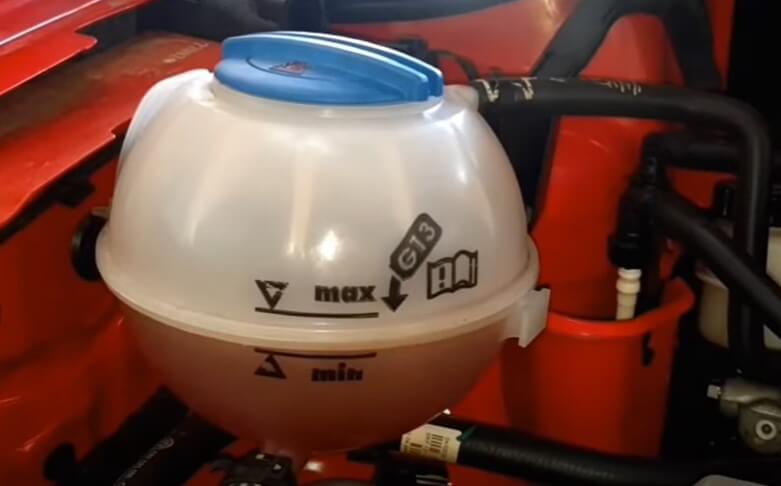
Can You Use Water Instead of Coolant in an Emergency?
If you find yourself in an emergency, such as driving along, the coolant light starts flashing, and the reservoir is empty, you should pull over. Allow the car to cool before removing the coolant cap, and top up with water, if that’s what you have to hand. Do not use fizzy liquids, only water. This will stop the engine from overheating in the short term; low levels in the coolant system will cause the engine to overheat, so even with water, this will delay the overheating and at least allow you to move the car still.
The thing to be cautious of is that the engine temperatures do not rise too high; if they do, you must pull over immediately, re-check the coolant level and ensure the car has time to cool sufficiently before adding more water if needed or seek recovery. It may be that damage is already done, or you have an entirely different problem, like a coolant leak. In this case, topping up with water will only help for a couple of minutes.
Choosing the Right Coolant
Depending on their intended application, many different colors of coolant offer different protection levels. You should not change the color of the coolant in your vehicle because your engine may require a level of coolant or corrosion resistance a different color doesn’t offer, damaging your engine. If you are unsure which coolant your car requires, you can consult the handbook or the dealership, which will confirm which you need.
Final Thoughts
To answer, can you use water as coolant? Yes, as a temporary or emergency solution. If you have to use just water, have the coolant flushed at the earliest possible opportunity. If just water passes through the motor, it can cause overheating, freezing (climate depending), and corrosion, destroying a perfectly good engine.



